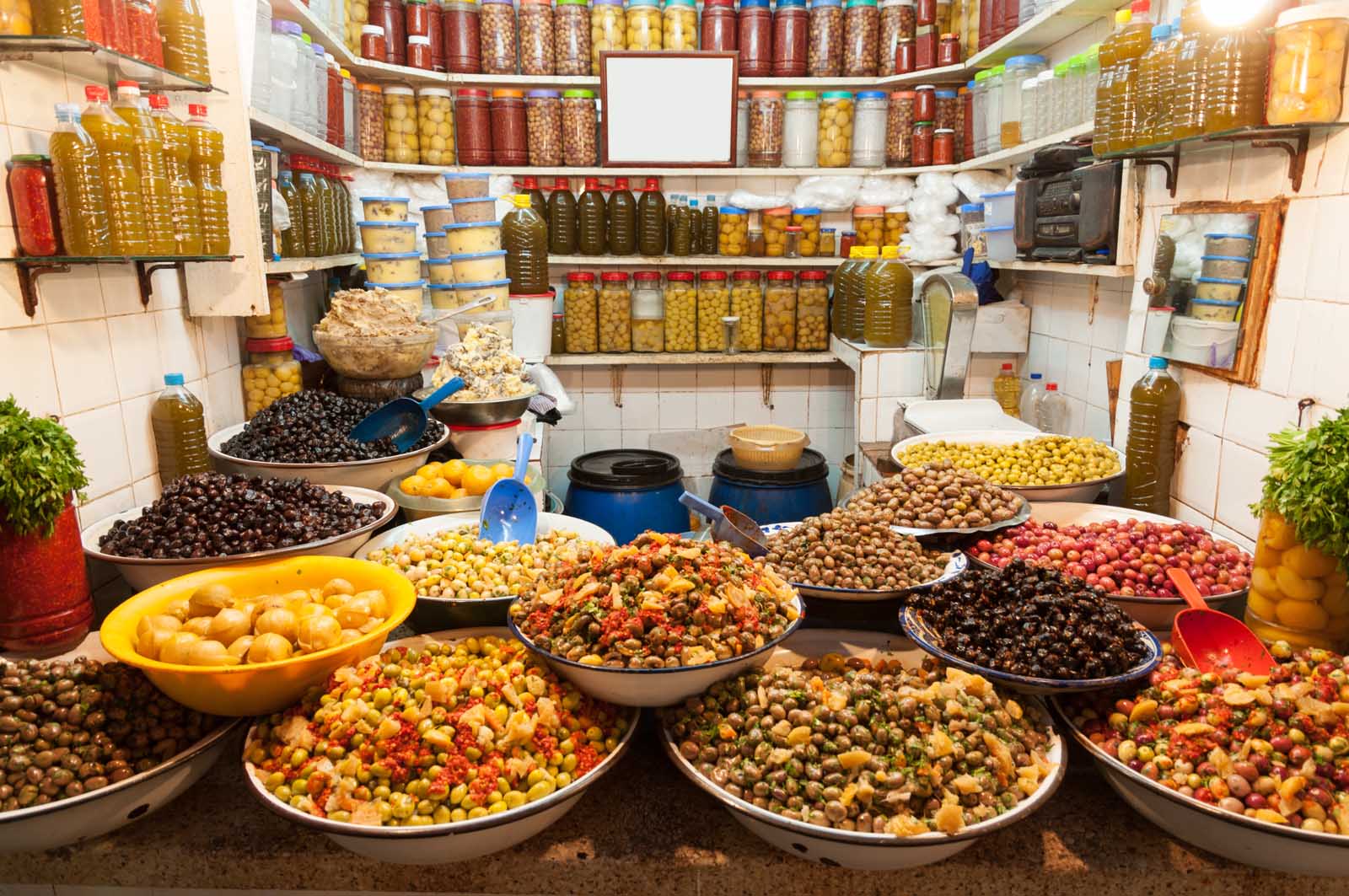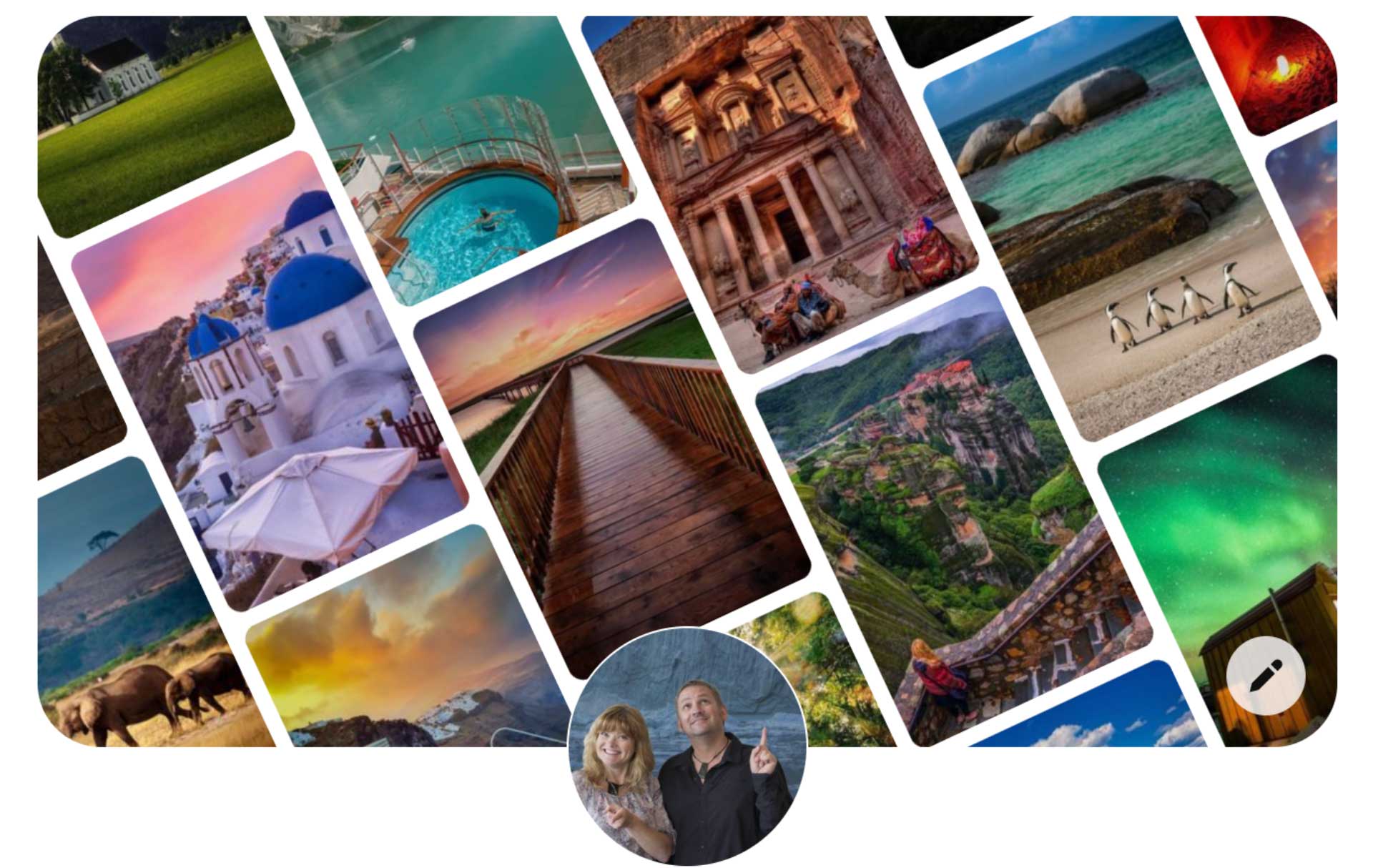1. Introduction
Africa is an incredibly diverse continent with over 1,500 languages spoken, representing a rich tapestry of cultures and traditions.
2. Travel Insights
Learning a few phrases in the local languages can enhance your travel experience and build connections.
3. Summary of Official Languages by Country
Even for a continent with 54 different countries, Africa has a plethora of languages. It is estimated that between 1,500 and 2,000 languages are spoken here, many with their own sets of varying dialects. To make things even more complex, in many countries the official language may differ from the lingua franca – the language spoken by the majority of citizens.
When traveling to Africa, it’s wise to research both the official language and the lingua franca of the region you plan to visit. Consequently, this effort will enable you to learn a few key phrases before your journey. Although this may be challenging—especially when faced with languages that aren’t written phonetically, such as Afrikaans, or those that include click consonants, like Xhosa—trying to communicate in the local language will be appreciated by the people you meet.
For those traveling to ex-colonies (like Mozambique, Equatorial Guinea, or Senegal), European languages can also be useful. However, be prepared for the Portuguese, Spanish, or French you hear to sound quite different than their European counterparts. This article explores the official and most widely spoken languages in each African country, from Algeria to Zimbabwe.
Algeria
Official Languages: Modern Standard Arabic and Tamazight (Berber)
The most widely spoken languages in Algeria are Algerian Arabic and Berber.
Angola
Official Language: Portuguese
Portuguese is spoken as a first or second language by just over 70% of the population. Additionally, there are approximately 38 indigenous languages in Angola, including Umbundu, Kikongo, and Chokwe.
Benin
Official Language: French
Benin boasts 55 languages, most notably Fon and Yoruba (in the south) as well as Beriba and Dendi (in the north). Only about 35% of the population speaks French.
Botswana
Official Language: English
While English serves as the primary written language in Botswana, the majority of the population speaks Setswana as their mother tongue.
Burkina Faso
Official Language: French
Along with French, there are more than 60 indigenous languages in Burkina Faso, with Mossi being the most widely spoken.
Burundi
Official Languages: Kurundi, French, and English
Kurundi constitutes the primary language for most of Burundi’s population.
Cameroon
Official Languages: English and French
With approximately 250 languages spoken, French is the most widely used among the official languages. Other important regional languages include Fang and Cameroonian Pidgin English.
Cape Verde
Official Language: Portuguese
The majority of Cape Verdeans speak the Portuguese-based Cape Verde Creole as their mother tongue.
Central African Republic
Official Languages: French and Sangho
Sangho is the lingua franca in the Central African Republic, where over 70 different languages are spoken.
Chad
Official Languages: French and Modern Standard Arabic
The vernacular version of Arabic, known as Chadian Arabic, serves as the lingua franca.
Comoros
Official Languages: Comorian, French, and Arabic
More than 96% of citizens in Comoros speak Comorian, a language closely related to Swahili.
Cote d’Ivoire
Official Language: French
In Cote d’Ivoire, French acts as the official language and lingua franca, although approximately 78 indigenous languages are also common.
Democratic Republic of Congo
Official Language: French
Four indigenous languages are recognized as national languages in the DRC: Kituba, Lingala, Swahili, and Tshiluba.
Djibouti
Official Languages: Arabic and French
Many Djiboutians communicate in either Somali or Afar as their first language.
Egypt
Official Language: Modern Standard Arabic
In Egypt, Egyptian Arabic is the lingua franca spoken by most of the population, along with English and French in urban settings.
Equatorial Guinea
Official Languages: Spanish, French, and Portuguese
Unique in Africa, Equatorial Guinea recognizes Spanish as an official language, spoken by over 67% of its citizens.
Eritrea
Official Language: N/A
There is no official language in Eritrea, though Tigrinya is the most widely spoken.
eSwatini
Official Languages: Swazi and English
Approximately 95% of eSwatini’s population speaks Swazi.
Ethiopia
Official Language: Amharic
In Ethiopia, other significant languages include Oromo, Somali, and Tigrinya, with English being the most taught foreign language.
Gabon
Official Language: French
While over 80% of Gabonese speak French, most use one of the 40 indigenous languages as their mother tongue, such as Fang, Mbere, and Sira.
Gambia
Official Language: English
The three most prominent languages in The Gambia are Mandingo, Fula, and Wolof.
Ghana
Official Language: English
With around 80 languages spoken, English serves as the lingua franca in Ghana, complemented by the support of eight African languages, including Twi, Ewé, and Dagbani.
Guinea
Official Language: French
Guinea features over 40 native languages, with six being recognized as national languages: Fula, Maninka, Susu, Kissi, Kpelle, and Toma.
Guinea-Bissau
Official Language: Portuguese
About 91% of the populace speaks Portuguese, while around 44% converse in Guinea-Bissau Creole.
Kenya
Official Languages: Swahili and English
In Kenya, both official languages function as lingua francas, with Swahili being more widely spoken.
Lesotho
Official Languages: Sesotho and English
Over 90% of Lesotho residents use Sesotho as their first language, with bilingualism being common.
Liberia
Official Language: English
More than 30 native languages are present in Liberia, but no single language dominates the population.
Libya
Official Language: Modern Standard Arabic
Most Libyans communicate in various dialects of Arabic including Libyan, Egyptian, and Tunisian Arabic.
Madagascar
Official Languages: Malagasy and French
Malagasy is the primary language, while many citizens also speak French as a second language.
Malawi
Official Language: English
With 16 languages, Chichewa stands out as the most prominent in Malawi.
Mali
Official Language: French
Mali recognizes 13 native languages as legal, with Bambara being the most widely spoken.
Mauritania
Official Language: Arabic
The spoken Arabic in Mauritania, known as Hassaniya, differs significantly from Modern Standard Arabic.
Mauritius
Official Languages: French and English
The majority of Mauritians communicate in Mauritian Creole, a language predominantly based on French but incorporating elements from English and other languages.
Morocco
Official Languages: Modern Standard Arabic and Amazigh (Berber)
Moroccan Arabic is the most widespread language, with French serving as a second language for many educated Moroccans.
Mozambique
Official Language: Portuguese
In Mozambique, 43 languages are spoken, with Portuguese and several indigenous languages like Makhuwa, Swahili, and Shangaan being the most prevalent.
Namibia
Official Language: English
Although English is the official language, less than 1% of the population speaks it as their mother tongue. The most widely spoken language is Oshiwambo, followed by Khoekhoe, Afrikaans, and Herero.
Niger
Official Language: French
Niger recognizes 10 national languages, with Hausa being the most widespread.
Nigeria
Official Language: English
Nigeria is home to more than 520 languages, with English, Hausa, Igbo, and Yoruba being the most commonly spoken.
Republic of Congo
Official Language: French
Lingala and Kituba are the two most spoken native languages in the Republic of Congo.
Rwanda
Official Languages: Kinyarwanda, French, English, and Swahili
Most Rwandans speak Kinyarwanda as their mother tongue, with English and French being widely understood.
São Tomé and Príncipe
Official Language: Portuguese
Virtually all citizens speak Portuguese, alongside Portuguese-based creole languages.
Senegal
Official Language: French
Senegal has 36 languages, with Wolof being the most prevalent among them.
Seychelles
Official Languages: Seychellois Creole, French, and English
Almost 90% of the population communicates in Seychellois Creole.
Sierra Leone
Official Language: English
Krio, an English-based creole language, serves as the lingua franca throughout the country.
Somalia
Official Languages: Somali and Arabic
Somali is the predominant language, spoken by the country’s largest ethnic group.
South Africa
Official Languages: Afrikaans, English, Zulu, Xhosa, Ndebele, Venda, Swati, Sotho, Northern Sotho, Tsonga, and Tswana
Many South Africans are bilingual, often fluent in at least two of the country’s 11 official languages. While Zulu and Xhosa are common mother tongues, English is understood by most people.
South Sudan
Official Language: English
South Sudan houses over 60 indigenous languages, including Dinka, Nuer, Bari, and Zande.
Sudan
Official Languages: Arabic and English
Sudanese Arabic is the most widely spoken language in Sudan.
Tanzania
Official Languages: Swahili and English
Both Swahili and English serve as lingua francas in Tanzania, with Swahili being more commonly spoken.
Togo
Official Language: French
Two indigenous languages in Togo hold national language status: Ewé and Kabiyé.
Tunisia
Official Language: Literary Arabic
Almost all Tunisians speak Tunisian Arabic, and many also communicate in French.
Uganda
Official Languages: English and Swahili
In Uganda, Swahili and English serve as lingua francas, though indigenous languages like Luganda, Soga, Chiga, and Runyankore are prevalent as well.
Zambia
Official Language: English
With over 70 languages and dialects in Zambia, seven are officially recognized, including Bemba, Nyanja, Lozi, Tonga, Kaonde, Luvale, and Lunda.
Zimbabwe
Official Languages: Chewa, Chibarwe, English, Kalanga, Koisan, Nambya, Ndau, Ndebele, Shangani, Shona, sign language, Sotho, Tonga, Tswana, Venda, and Xhosa
Of Zimbabwe’s 16 official languages, Shona, Ndebele, and English are the most commonly spoken.




